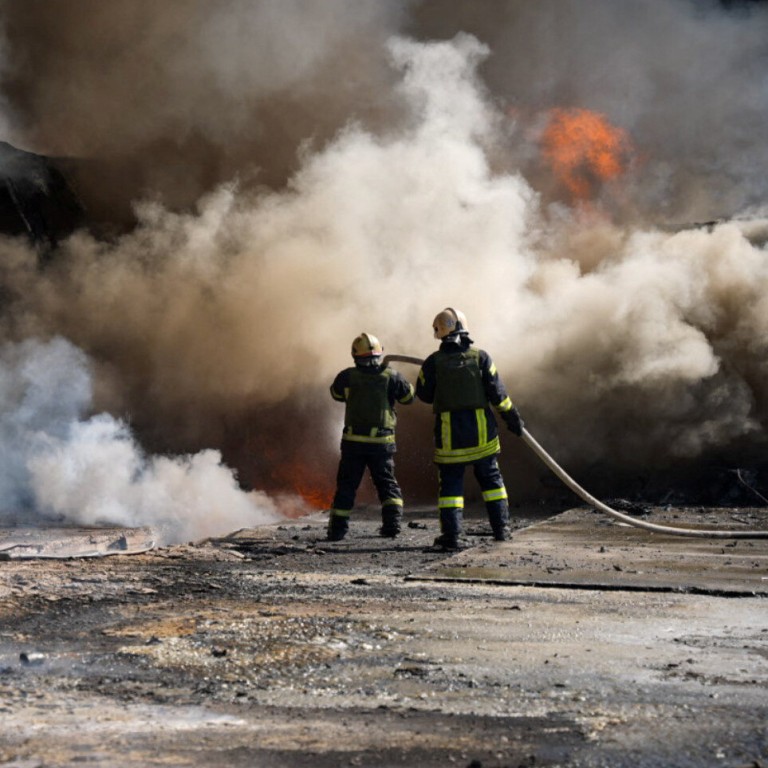
Russia's Nuclear Doctrine Shifts Amid Western Tensions Over Ukraine
In a significant development, Russia has announced plans to revise its nuclear doctrine, attributing this shift to what it perceives as escalating Western involvement in the Ukraine conflict. This move signals a potential shift in Russia's approach to nuclear weapons, a decision underscored by Russia’s Deputy Foreign Minister Sergei Ryabkov.
On September 1, 2024, Ryabkov stated that Russia is revising its nuclear posture in response to what he described as aggressive Western actions. The current doctrine, established in a 2020 decree by President Vladimir Putin, permits the use of nuclear weapons in the event of a nuclear attack or a conventional attack that threatens the very existence of the state. The doctrine has traditionally maintained a high threshold for nuclear use, aimed at deterring existential threats.
However, recent calls from Russian military analysts have urged President Putin to lower this threshold. These analysts believe that a more aggressive stance could serve to "sober up" Western adversaries. The current geopolitical climate, marked by escalating Western support for Ukraine, seems to have prompted this re-evaluation of Russia's nuclear strategy.
Also Read:- Leverkusen’s Historic Unbeaten Run Ends Dramatically Against RB Leipzig
- Adele Takes a Break: 'You Won’t See Me for an Incredibly Long Time'
Ryabkov's remarks indicate that work on the updated nuclear doctrine is already underway. Although he did not specify a timeline for its completion, he emphasized that the revisions are closely tied to what he views as increasing provocations from the West. This includes intensified military support for Ukraine, which Russia accuses of being a proxy in a broader Western campaign against it.
In recent months, the conflict has seen new developments. Ukraine has conducted drone attacks targeting Russian power and refinery plants, and a significant military incursion into Russia's Kursk region has surprised many. This escalation has led Moscow to accuse Western nations of seeking a "strategic defeat" for Russia.
President Vladimir Putin has previously warned of severe consequences for those who oppose or threaten Russia's actions. His rhetoric, which includes threats of nuclear retaliation, has been met with increased military aid to Ukraine from the US and its allies. This includes the provision of advanced weaponry such as tanks, long-range missiles, and F-16 fighter jets. Despite these escalations, Russia has yet to use nuclear weapons in Ukraine, although tactical nuclear weapons have been deployed in Belarus.
Kremlin spokesperson Dmitry Peskov has criticized Western actions, asserting that the West is "going too far" and that Russia will do everything necessary to protect its interests. The revised nuclear doctrine is expected to reflect these concerns and may alter the threshold for nuclear engagement in response to perceived threats.
As the conflict continues, the global community watches closely. The outcome of these doctrinal changes could significantly impact international relations and the future dynamics of nuclear deterrence. The revision of Russia's nuclear posture underscores the ongoing tensions and the precarious balance of power in a world increasingly fraught with geopolitical challenges.
Read More:

0 Comments